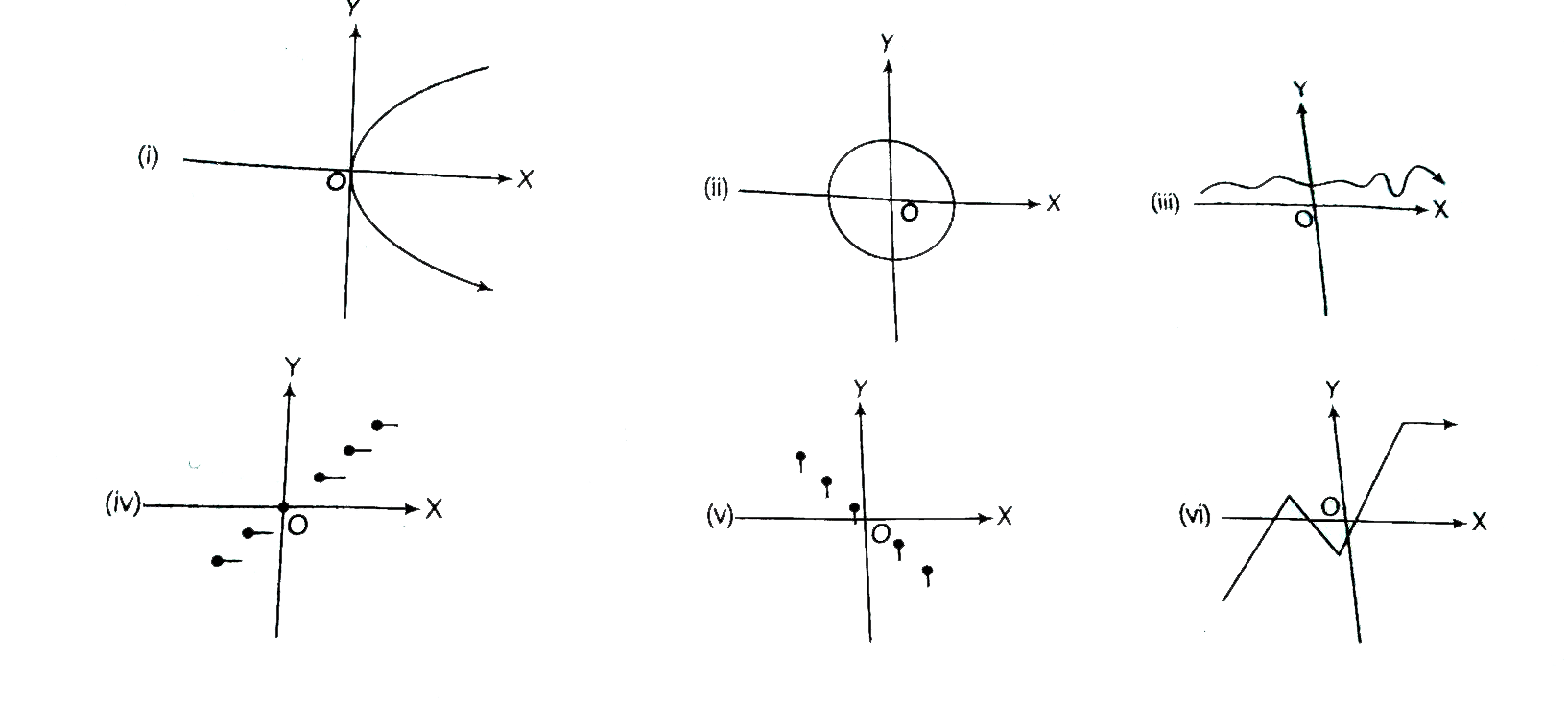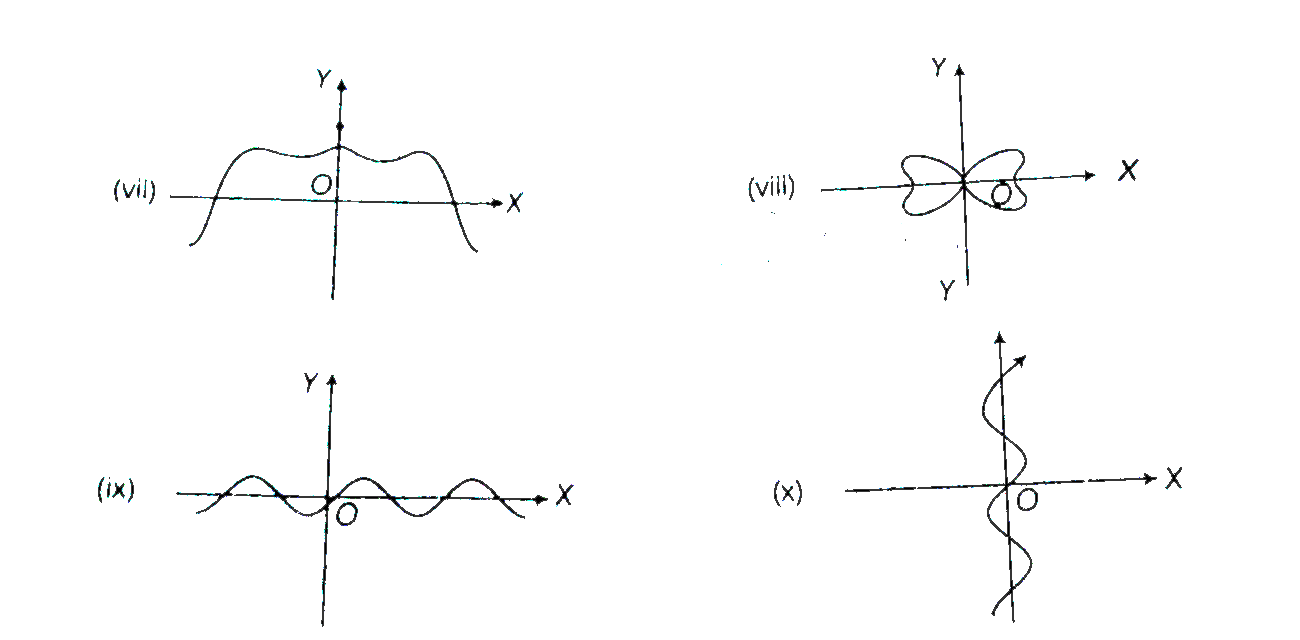Find the least positive intergral value of c for which equation ex=cx2 has three distinct real roots. Solution in Punjabi
The correct Answer is:2
Step by step video & image solution for Find the least positive intergral value of c for which equation e^(x)=cx^(2) has three distinct real roots. by Maths experts to help you in doubts & scoring excellent marks in Class 12 exams.
Updated on:21/07/2023Topper's Solved these Questions
- FUNCTIONSBOOK - ARIHANT MATHSCHAPTER - FUNCTIONSEXERCISE - Exercise For Session 1
5 Videos
- FUNCTIONSBOOK - ARIHANT MATHSCHAPTER - FUNCTIONSEXERCISE - Exercise For Session 2
6 Videos
- ESSENTIAL MATHEMATICAL TOOLS BOOK - ARIHANT MATHSCHAPTER - ESSENTIAL MATHEMATICAL TOOLS EXERCISE - Exercise (Single Integer Answer Type Questions)
3 Videos
- GRAPHICAL TRANSFORMATIONSBOOK - ARIHANT MATHSCHAPTER - GRAPHICAL TRANSFORMATIONSEXERCISE - Exercise (Questions Asked In Previous 13 Years Exam)
10 Videos
Similar Questions
Which of the following graphs are graphs of a function?


View SolutionThe domain of the function
f(x)=√x2−5x+6+√2x+8−x2 , is
View SolutionThe number of solutions of the equation |x−1|−|2x−5|=2x
View SolutionFind the number of solutions of the equation x21−|x−2|=1, graphically.
View SolutionFind the least positive value of k for which the equation x2+kx+4=0 has real roots.
View SolutionFind the values of a for which the equation x^(4)+(1-2a)x^(2)+a^(2)-1=0(A) has no real solutions (B) has one real solution (C) has two distinct real solutions (D) has three real solutions(E) has four distinct real solutions
View SolutionIf a,b,c are three distinct positive Real Numbers in G.P, then the least value of c^(2)+2ab is
View SolutionFind the values of k for which the equation x2−4x+k=0 has distinct real roots.
View SolutionFind the minimum integral value of k for which the equation ex=kx2 has exactly three real distinct solutions.
View SolutionMinimum integral value of k for which the equation ex=kx2 has exactly three real distinct solution,
View SolutionIf a,b,c are distinct positive numbers, then the nature of roots of the equation 1/(x−a)+1/(x−b)+1/(x−c)=1/x is a. all real and is distinct b. all real and at least two are distinct c. at least two real d. all non-real
View SolutionIf the equation ax2+bx+c=0 has two positive and real roots, then prove that the equation ax2+(b+6a)x+(c+3b)=0 has at least one positive real root.
View SolutionFind the minimum integral value of k for which the equation ex=kx2 has exactly three real distinct solutions.
View SolutionMinimum integral value of k for which the equation ex=kx2 has exactly three real distinct solution,
View SolutionFind the least positive value of k for which the equation x2+kx+4=0 has real roots.
View SolutionFind the values of k for which the equation x2−4x+k=0 has distinct real roots.
View Solution
